
One step forward, several steps back: with one big win for press freedom, one huge blow for freedom of speech, parts of history being erased, and several instances of violence, this week has been a (mostly downhill) coaster ride - that's what this week's TypeRight takes a glance at:
In one groundbreaking judgement last week, the Supreme Court reiterates that a free press is important because it “shines a light on the functioning of the State”. The judgement has lifted the telecast ban on MediaOne channel, which the center had refused to renew broadcast license for stating 'reasons of national security.' What exactly the reasons were, were not made very clear - as it was handed to the Kerala High Court by the Center's lawyers in a 'sealed cover'.

What makes this judgement even more significant is that the court also criticised the government and the Kerala High Court on the precedence set by using 'sealed covers' in court, something that is a breach of natural justice, and transparency of procedures.

This interview by a NewsLaundry journalist with the editor of MediaOne highlights why this is important -
While this news does call for much celebration for all defendants of freedom of press, one parallel declaration by the Indian government must be taken into consideration before we are sure if speech will remain free.
As this article in the NewsLaundry from January, when the proposal was made says,
If approved, this could mean that all intermediaries linked to the publisher – including their telecom service provider, cloud service provider, domain registrar, web host, social media platforms where the article may be promoted, content management system, etc. – will have to ensure that such content is taken down. This could make the government the ultimate arbiter of what is news.
It seems this is what indeed has happened, despite the statement in this newspaper clipping, where the minister of State for MeITy, Rajeev Chandrashekhar is quoted to have said that he does not want this to be seen as a battle between free speech and misinformation -

Because NewsLaundry and leading fact-checking website AltNews has compiled reasons why the PIB's checking of facts does not have a good record.
AltNews mentions the inevitable biases that creep into the PIB's work. They "noticed that the PIB had fact-checked misinformation by Rahul Gandhi and activist-turned-TMC leader Saket Gokhale several times. However, not once did they fact check a claim by any BJP leader," although there are clearly several instances of the ruling party leaders making questionable claims. Most of the YouTube channels the PIB flagged were those critical of the government and the ruling party. The article also mentions that
according to Alt News’s 2022 year-ender reports, last year, of all the false claims circulated by political parties and leaders or activists associated with them, BJP and its leaders shared the maximum amount of misinformation, with a share of 48.1%. Moreover, in nearly 41% of instances where misinformation had a clear collective target, that target was Muslims.
You can read the full piece here:
The Internet Freedom Foundation has a detailed statement responding to the amendment, citing that it is against the principles of national justice-
This discussion explains the issue in more detail:
The move does not also come without widespread protest:

On a related note to fact-checking, is the government's decision to delete certain portions from the textbooks.

The question is the same that had been earlier posed: who fact checks those who check the facts? NCERT, the body that decides and designs the curriculum for most schools following the Central education board, has decided to revamp its school syllabus. Several things that seem ideologically unaligned with the present regime faced the axe - including references to the riots in Gujarat, several parts of the Mughal history, lines on the assassination of Gandhi, among others. They call the axing 'rationalisation of syllabus' and reason that this is to reduce the content load, in the light of the pandemic.

Of course, the internet responded with their usual sense of humour -

and so have other academicians, politicians, and journalists-

with the Kerala CM accusing the NCERT of a saffronisation agenda, and planning to fight their move:

As New Delhi was busy deciding what history is, and what news would be declared fake and real, last week on the occasion of festivals of multiple faiths, the nation witnessed several instances of violence against minorities.
Among them was the 113-year-old Azizia Madrasa and library, dating back to the British era, and having several historic documents.
One of the accusations initially raised against MediaOne when it was suspended from broadcasting along with another Malayalam news channel, Asianet for a short duration was their reporting on the NRC protests. Will media reporting on protests or clashes like the one last week be also deemed as fake news, similar to how Trump called all media as 'fake news,' and the early BJP campaigns terming media "presstitutes"? Erased from the print media, erased from digital media, erased from social media, and erased from history?
In Other News
Remember the story on Pegasus, the spyware that governments used to spy on dissenting citizens and human rights activists? The company NSO behind it might have taken a blow after the exposes, but our government has gone ahead and bought a new software from one of NSO's old competitors. This story is to be read along with the other attacks on free speech that are happening, as the parliament still sits on an investigation into the pegasus incident.

In unrelated news, reports indicate a 1300% rise in demand for gig-work, a highly informal labor sector with little regulations and worker rights.

In an effort to take more people online to seek grievances, Thanjavur town would paste QR codes in houses where residents can scan to pay bills or file complaints:

And some non-chatty, interesting efforts with AI, cameras would be placed at elephant crossing zones to warn train drivers and prevent incidents of elephant death.

After several shutdowns and mergers at the government run Film corporations, the NFDC is suggesting an OTT platform for content creators so they can receive compensation for their creative work. More details awaited.

If you think you've been victim of an online money fraud, you should definitely contact 1930, the helpline that has helped consumers from over 300 crore rupees of fraud in the past two years alone.

While on the issue of fraud, the racket that compromised personal data of 67 cr (670 million) people and firms has been finally caught, says Cyberabad Police:

Cyberabad Police, for that matter is one of the most high-tech surveillance police forces in the country, and the city of Hyderabad and State of Telangana remains the most eerily surveilled upon:

Finally, a reminder that the NREGA workers are still protesting in New Delhi against the app based attendance, Aadhaar linked payment, and the drastic fund cuts for the project. Please visit them at Jantar Mantar in New Delhi, and share your solidarity!

DEF has been working for over twenty years now, trying to bring meaningful connectivity of the digital to the masses who were excluded from it. We have always maintained that internet and digital technologies should not be the privilege of the few, but something for everyone. Now, the Chief Justice of India, said something similar at the platinum jubilee celebrations of the Gauhati High Court.
Below are some recent stories from the week that highlight our work on bringing forth this digital inclusion to the margins:
>> Here's an article on how DEF's SoochnaPreneur initiative helps empower the disconnected communities of India, through a hyper-local network.
>> This twitter thread is by Internet Society Foundation's Maiko Nakagaki, who had visited the tea plantations in Assam where DEF is working on the Internet Roshni Project. People here had to skip a day of work and travel to the nearest town in order to use internet facilities, even for basic government schemes. Her post explains how DEF's fifty digital libraries vis-a-vis SoochnaPreneur centres are helping connect people there. You can follow the project here.
>> The post below is from DEF's Digital Didi program - read more about the program here.
>> And finally, take a look at this article from IndiaSpend, on Media and Information Literacy (MIL) with a detailed analysis of the history of National Digital Literacy Mission, featuring DEF and our director Osama Manzar:
That's all the updates for the week - we'll be back next week with more stories!

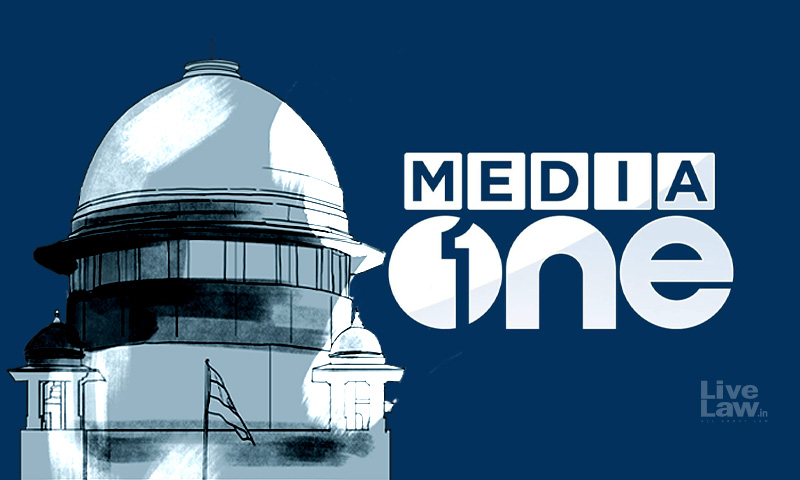
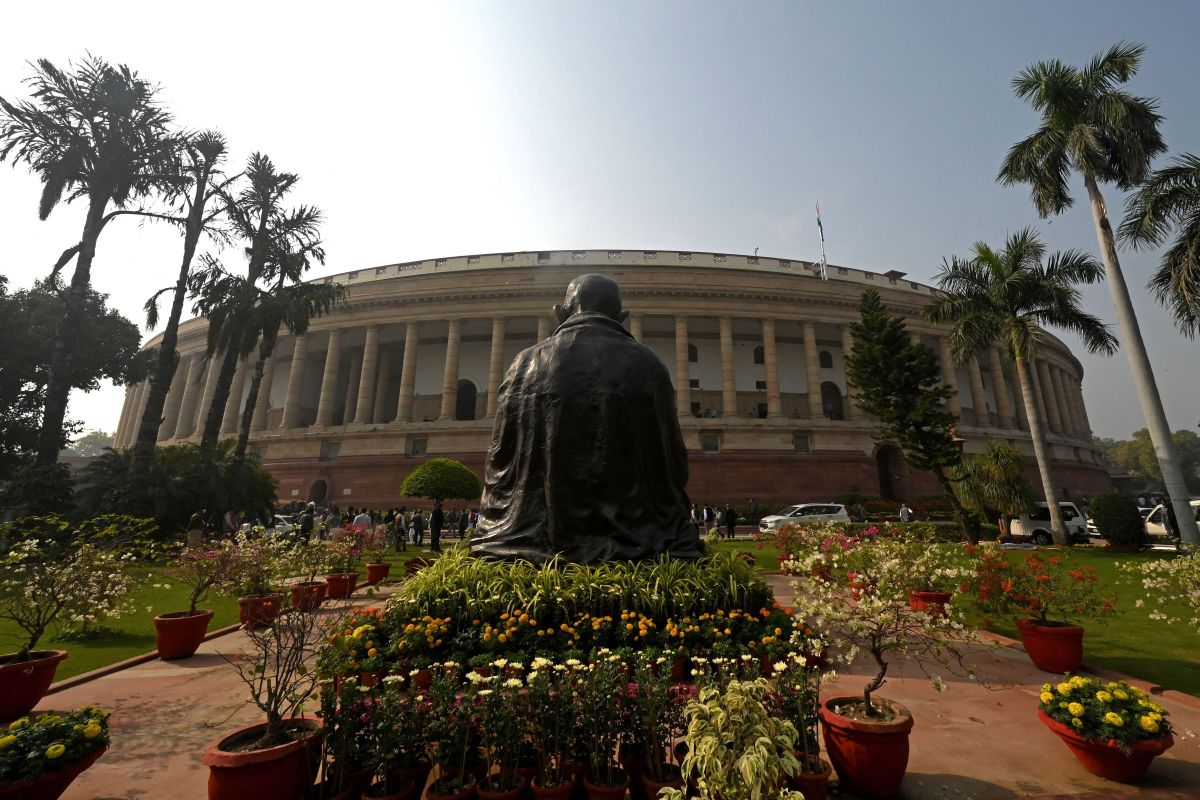
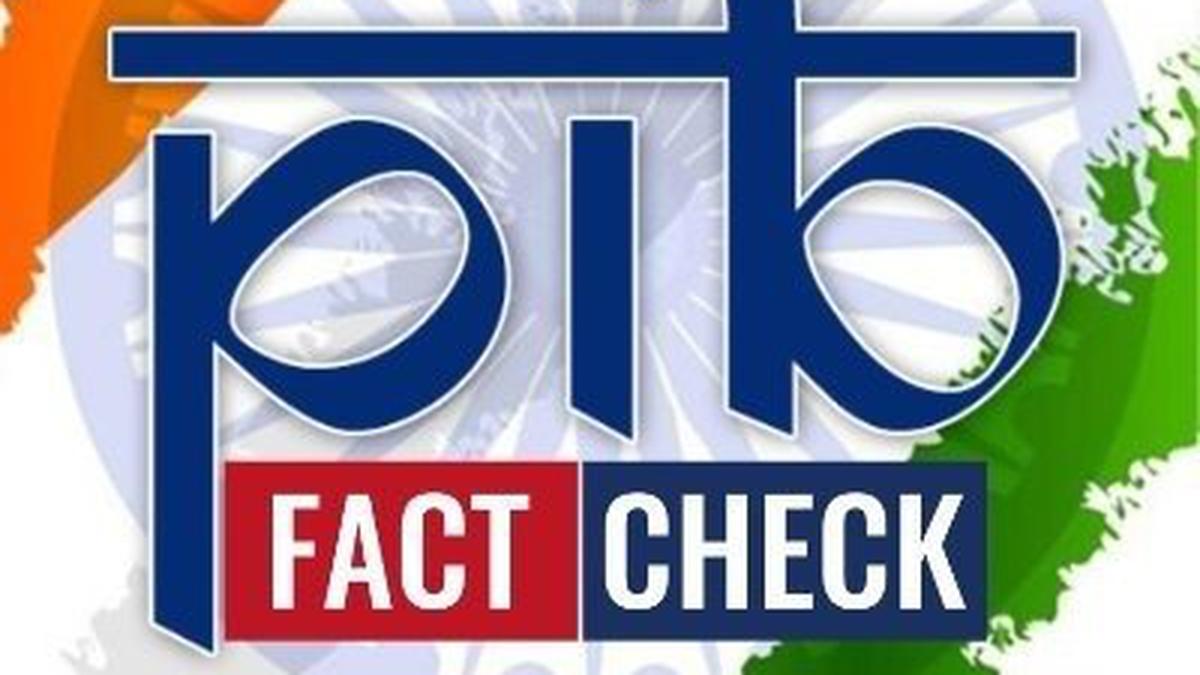

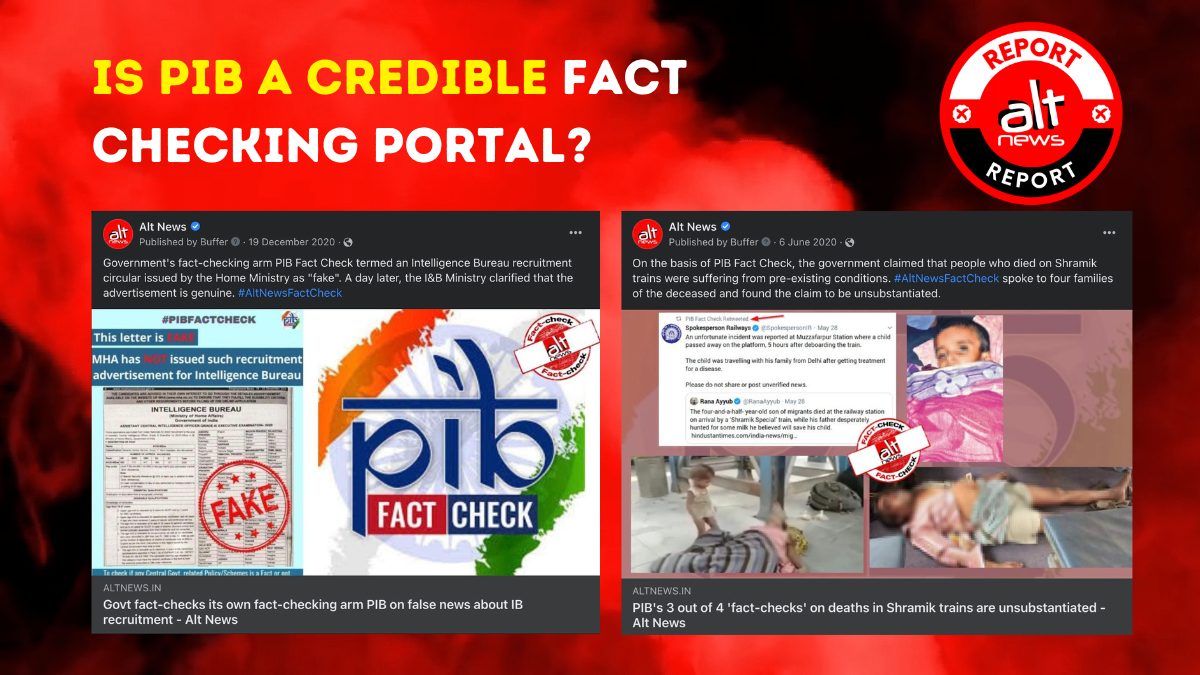




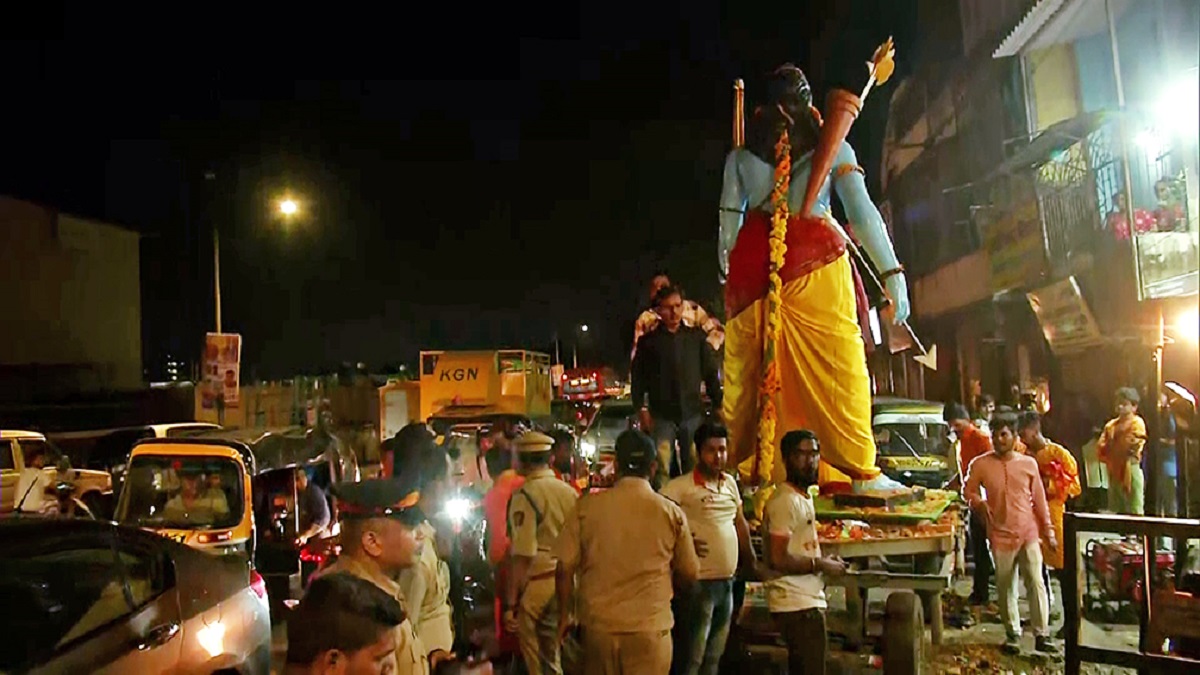
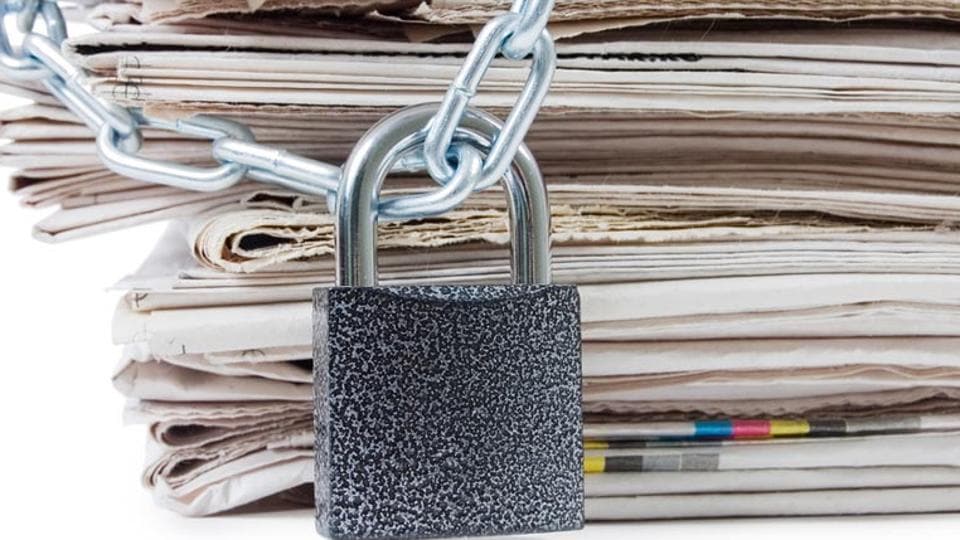
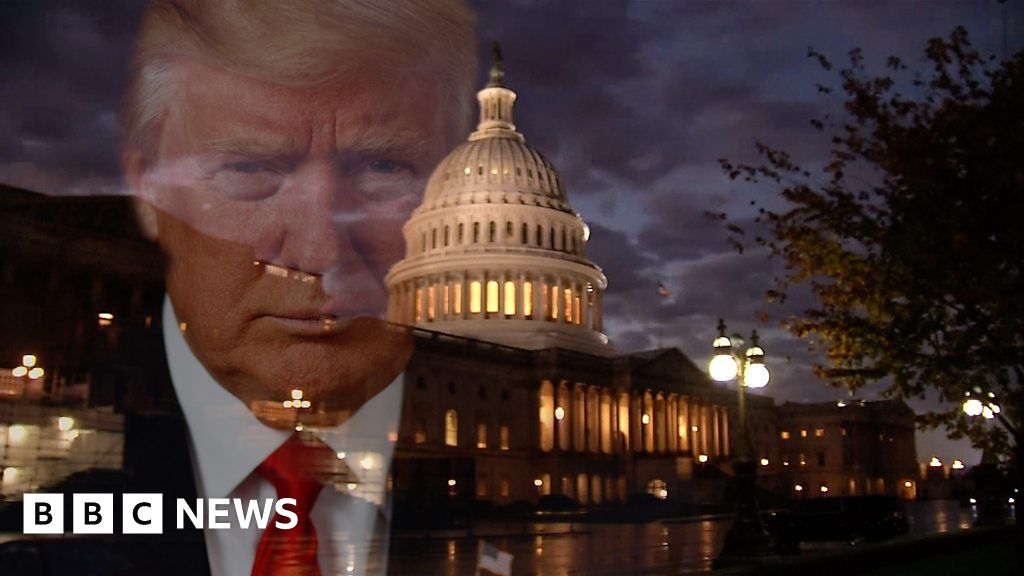
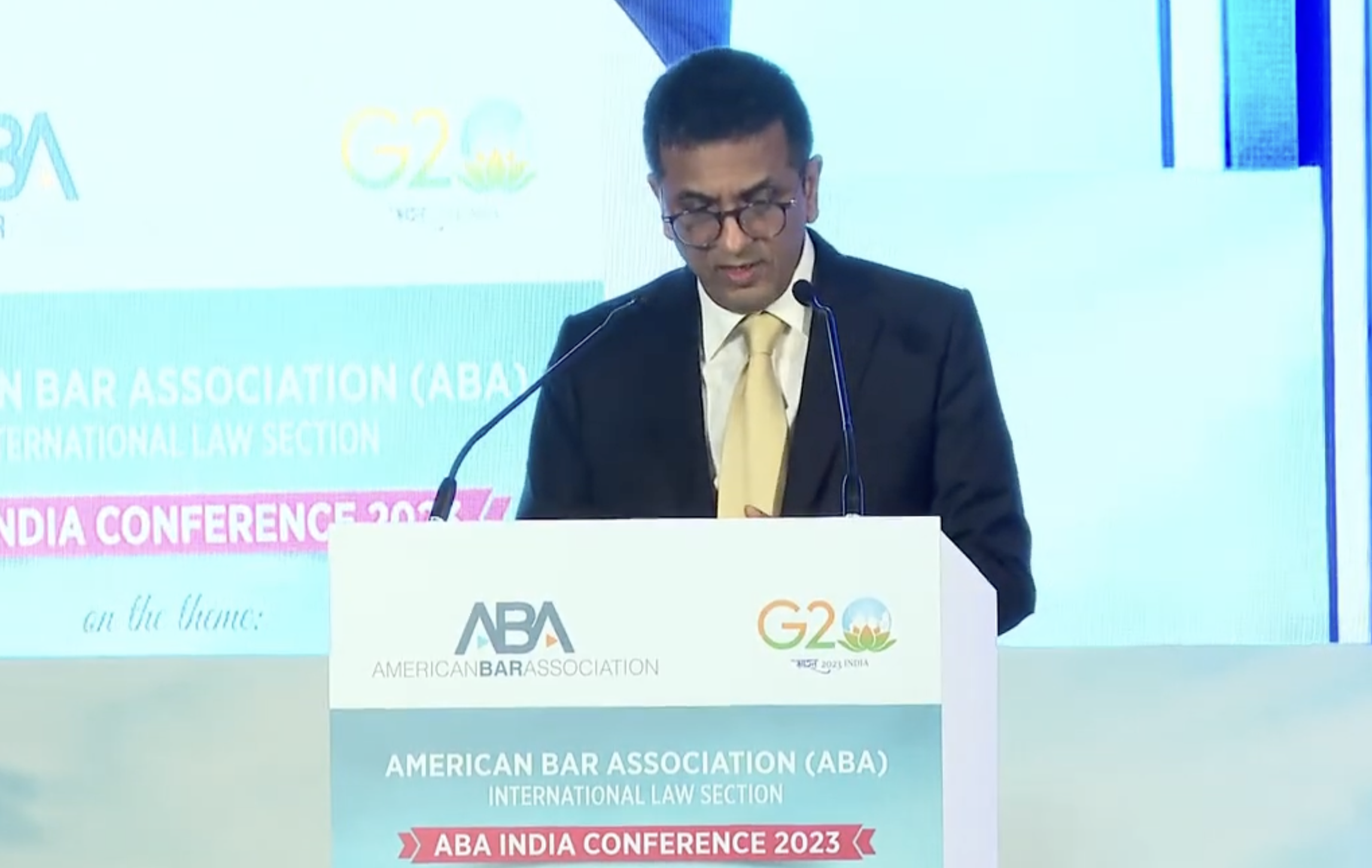



















 might be?](https://sk0.blr1.cdn.digitaloceanspaces.com/sites/1394/posts/714526/dbc8de4c-5c50-411f-aba0-55cfb74a692d.jpeg)

Write a comment ...